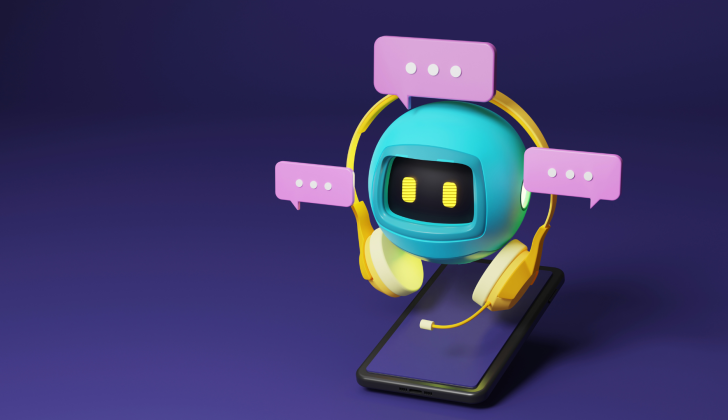
We speak mostly to early-stage companies who are at the beginning of their Category journey. But there are also endings to Category journeys and the opportunity to pivot for those that understand they may not achieve Category leadership at their first attempt. Google could be such an example.
In the ‘Year of Efficiency’ announced by their arch-rival Meta, executives of Google and its parent company, Alphabet, promised to reduce costs. At the time, Google said it would lay off 12,000 employees, about 6% of its workforce. It’s now said it will eliminate 900 roles across engineering, hardware and the Assistant teams and there will be more to come.
Category leaders don’t follow
In the accompanying announcement, Google said it looked towards “responsibly investing in our company’s biggest priorities and the significant opportunities ahead”. And, in that respect, when you look under the hood it appears Google is pivoting.
Why do we think that? The same day news of the cuts broke, Google announced that it would no longer support 17 “underutilized” features of Google Assistant, including playing audiobooks, sending an email or starting a meditation session with Calm by using a voice command.
Despite Google’s claims that “we’re prioritizing the experiences you love and investing in the underlying technology” we think this isn’t just a search for a better product-market fit. As listeners to our Difference Engine podcast know, we HATE better/bigger/faster.
Potential to Pivot
Looking deeper, there’s a bigger, AI-related, Category-defining picture here and the potential to pivot to a new Category where Google, having missed a series of opportunities, might have a chance of leadership and could grab victory from the jaws of defeat.
It’s not just in Web Services where Google has, so far, conspicuously failed to lead a Category – AWS is the outright leader in terms of market share – it’s happened in Digital Assistants too. Google Assistant didn’t win. Apple’s Siri didn’t win. Alexa did. That’s Amazon 2 Google 0.
Fierce rivalry
But the arrival of AI – and the fact that Google was slow out of the traps with Generative AI compared to Microsoft – presents a much-needed opportunity for the Mountain View crew.
Known for its relationship with OpenAI, in September 2023, Microsoft introduced a Copilot feature that incorporates artificial intelligence into products like its search engine Bing, browser Edge as well as Windows for its corporate customers.
Google had to act. It has a fierce rivalry with Microsoft as both firms strive to lead in the artificial intelligence domain and Google’s response could prove to be the stuff of Category genius.
From Assistance to Collaboration
What Google appears to be doing is integrating Assistant as an ingredient in its GI platform, Bard. Moving their position from an also-ran in Digital Assistance to a potential leader in AI Collaboration.
It looks like a classic pivot to drive Category creation. Realising it has failed to achieve leadership in a current Category, it is rethinking its approach and re-framing what a customer should expect. The idea of an Assistance moving to Collaboration – that’s a big jump in value.
With Amazon, Meta and Spotify all laying off thousands, might we be seeing a few more smart pivots and Categorisation moves from big tech in the coming months? We’d like to think so…
Gales of creative destruction
So, even in the most dominant of firms, if you have failed to lead a Category sometimes you have to admit defeat.
Your challenge is then to unleash what the great Austrian economist, Joseph Schumpeter called `gales of creative destruction`to design a new Category to satisfy not-yet-appreciated needs in customers and which rivals will have to respond and validate your direction. This Category may include technology from a previous Category, but at best it can only ever be an ingredient of the new paradigm.
Google has the experience to succeed. After all, it re-framed what we could expect from search engines and desktop tools. Only time will tell if Google can restore some of its Category leadership skills in an era of AI.
Find more discussion on Google’s need to deliver a Category win and many other contentious Category issues on The Difference Engine podcast at https://link.chtbl.com/